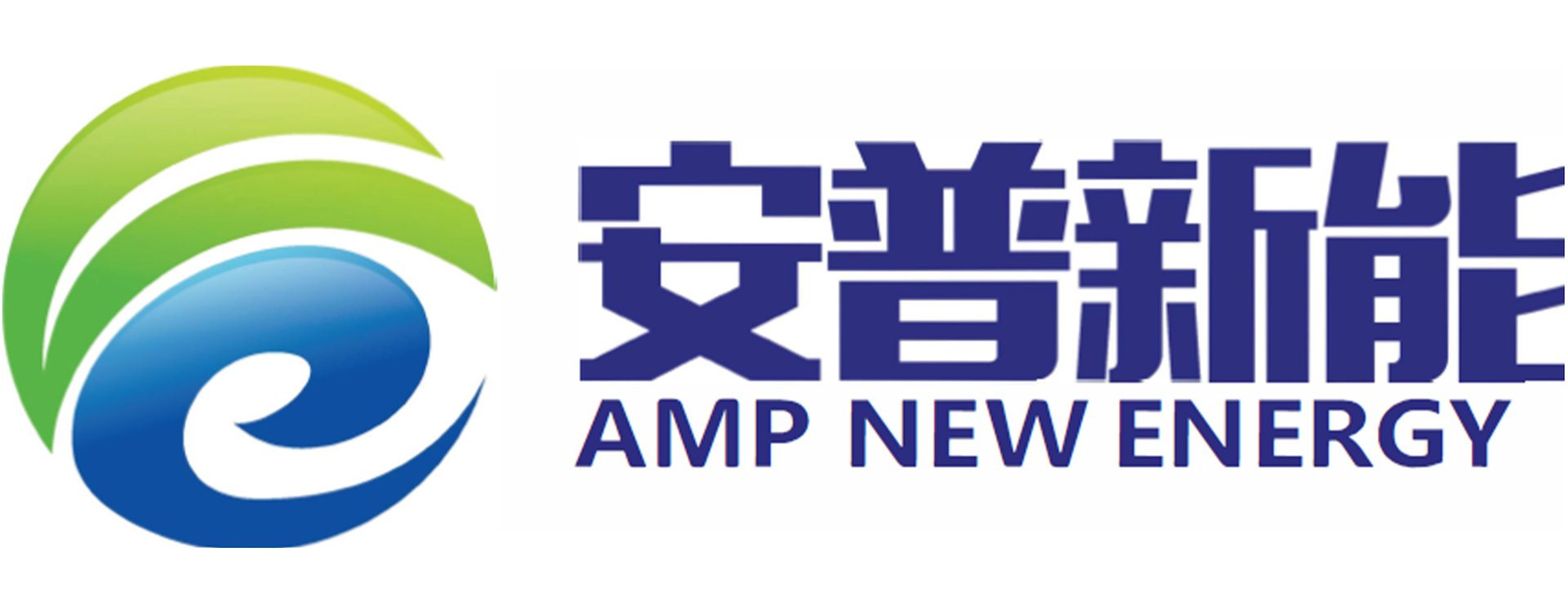Conductive carbon black is a type of conductive agent and an important auxiliary material in lithium batteries.
Compared to other conductive agents, conductive carbon black has better overall performance and is currently the mainstream conductive agent. Benefiting from the continuous growth in demand for downstream new energy vehicles, we expect the global market space for conductive carbon black to be around 7.6 billion yuan by 2027. In terms of production process, the main barrier for conductive carbon black lies in the design of reaction furnace equipment. In terms of production cost, the main cost components of this product include raw materials such as coal tar. In terms of market landscape, this product has mainly relied on imports in the past, but is currently accelerating domestic substitution. Domestic companies mainly include Black Cat Corporation, Jiaozuo Hexiong, Yongdong Corporation, and Wuxi Dongheng. Looking at future trends, conductive carbon black is suitable for the trend of composite conductive agents. Conductive carbon black is the mainstream lithium battery conductive agent, with core technology creating barriers Conductive agents are important auxiliary materials for improving the conductivity of lithium batteries, which can compensate for the poor conductivity of positive electrode materials and maintain the conductivity performance of negative electrode materials after repeated expansion and contraction. Conductive carbon black performs well when considering factors such as the degree of improvement in electrode conductivity, slurry dispersion performance, formulation dosage, and cost. According to GGII data, conductive carbon black accounted for 65% of China's power battery conductive agents in 2022. The performance of conductive carbon black is mainly determined by its structural characteristics, specific surface area, and magnetic impurity content. The performance requirements for lithium-grade conductive carbon black are higher than for ordinary carbon black, and the product performance can be classified from low to high as acetylene black, SP, and Ketjen black. The reaction furnace is an important reaction equipment and a core barrier for the production of conductive carbon black, with components such as the oil nozzle in the furnace head being crucial for accuracy. Localization and cost reduction are the trend, with potential for small and beautiful new energy tracks In terms of cost composition, raw materials such as coal tar account for approximately 80% of the cost of conductive carbon black. The price of imported conductive carbon black has long been high, with shipping costs accounting for a certain proportion.
Risk warning: Lower-than-expected sales of downstream new energy vehicles, slower-than-expected industrialization progress, technological innovations, and the mention of companies in the industry chain do not represent coverage or investment recommendations for the company.

